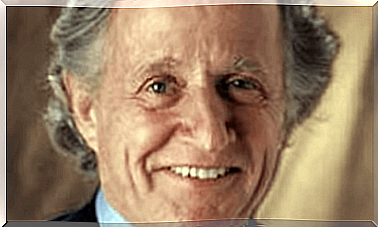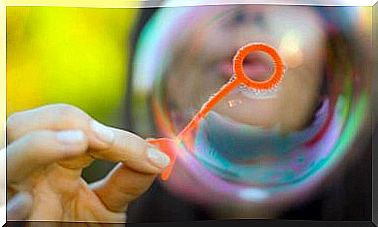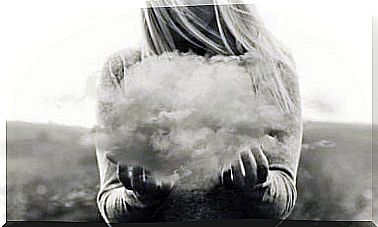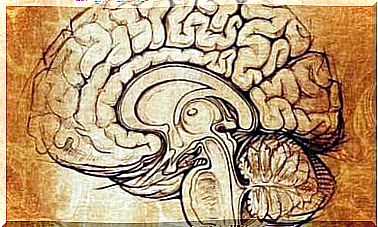Michael Faraday, A Great Physicist
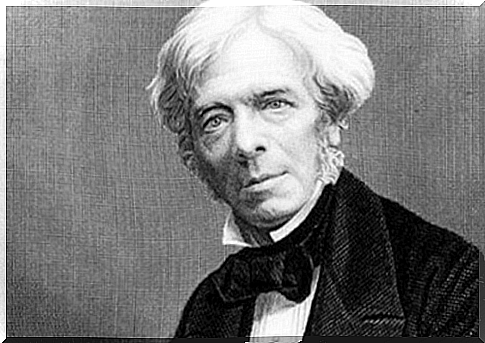
Michael Faraday was a genius. He changed the history of physics and chemistry. Without him, electric motors wouldn’t even exist. Interesting to know is that he was self-taught.
He is the man behind very important discoveries in the field of electrochemistry and electromagnetism. For example, he discovered benzene. That is a hydrocarbon molecule that makes up most of the plastic elements we use today.
Michael Faraday went from being a poor child who worked hard to support his family to a person who received the honorary title of knight from Queen Victoria of the United Kingdom of Great Britain and Ireland for his scientific contributions. However, what really made him a great scientist was his persistence and passion for knowledge.
Michael Faraday, a humble child
Michael Faraday was born on September 22, 1791, to a humble family living in what is today central London. His father was a farrier. His mother was a housewife.
Faraday could not pronounce the ‘r’. His teacher laughed at him for this and punished him. Faraday’s mother, however, could not stand this. She thought it would be better if he worked for the family.
So she took him out of school. Faraday’s story took a turn when he started working for George Riebau at the age of 14 years old. Riebau was a bookbinder and bookseller in London.
This work experience sparked an astonishing intellectual curiosity in Faraday. He started reading the books he sold at an incredibly fast pace. For seven years he worked for Riebau and continued to read.
During this period he also discovered the work of Isaac Watts. It filled him with enthusiasm. He read many scientific books. This made his interest in electrical phenomena even greater.
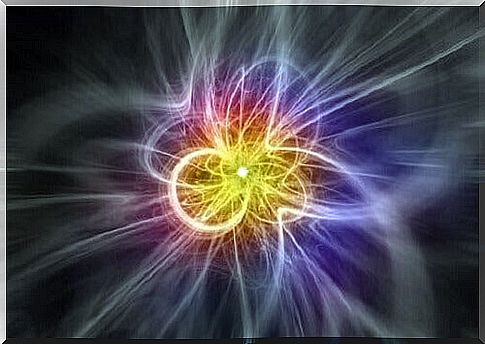
A life dedicated to science
At the age of 19 he joined The City Philosophical Society. This group was made up of young people who loved science. John Tatum was the leader. During their late evening meetings, he explained the principles of electricity, chemistry, and physics.
There, Michael Faraday next met Elmer Humphry Davy, a member of the Royal Institution. Davy gave Faraday free tickets to his meetings. In those years Faraday took a lot of notes. He compiled them into a 300-page book and later sent it to Davy.
Due to an accident, Davy lost his sight. He then decided to hire Faraday as his secretary. He then promoted him to assistant in chemistry at the Royal Institution. Faraday was constantly humiliated by Davy’s wife. Yet he never lost interest in learning from his mentor.
In 1815 Michael Faraday began teaching everything he had learned during those years. He also published his first work in chemistry. He also wrote several articles and gave lectures at meetings. By 1820 he had already built up a reputation.

Michael Faraday’s work is imperishable
The director of a scientific journal called Annals of Philosophy asked him to write about several scientists who were experimenting with electromagnetism.
To do that, Michael Faraday conducted their experiments. This led to his greatest discoveries. In particular, he discovered how we can use electrical energy as mechanical energy.
In 1825 Faraday became director of the Royal Society. So he replaced his mentor Elmer Humphry Davy. In the same year he also discovered benzene. This was the pinnacle of his overall scientific career. Later he made new discoveries about the characteristics of metals and about magnetism. He then also formulated the well-known “Faraday’s Laws.”
As director of the Royal Society, he started giving free meetings for young students. He also made sure that his employees did the same.
His goal was to reach people who had no access to education. In 1832 Oxford University awarded him the degree of Doctor of Civil Law. In 1839 he had a nervous breakdown from which he later recovered.
Michael Faraday officially retired in 1858. Until his death in 1867 he lived in a house that the Queen had given him. A lunar crater was named after him. It reminds us how useful and important his scientific contributions were.
